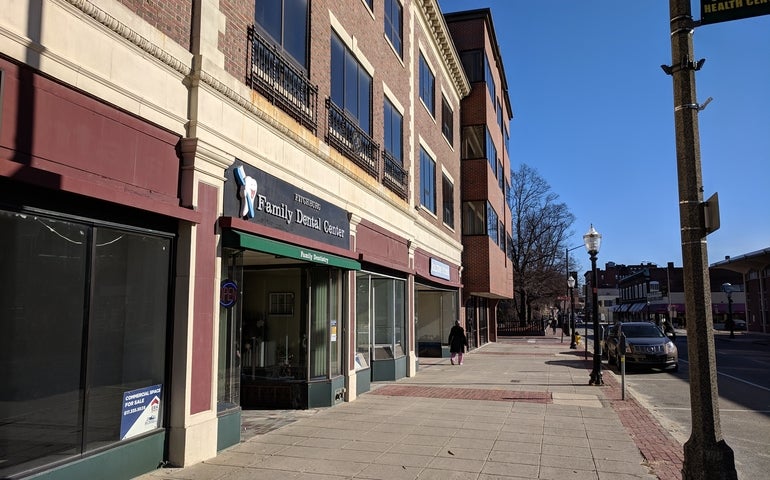In an 8-2 vote Tuesday night, the Fitchburg City Council supported a move toward eliminating the split-tax rate where commercial property owners pay a higher rate than residential property owners.
Roy Nascimento, president & CEO of the North Central Massachusetts Chamber of Commerce, who testified in favor of the measure, said the dual rate is a major disincentive for commercial and industrial business to call Fitchburg home.
“The split-tax rate is a failed policy,” Nascimento said. “It drives out commercial and industrial businesses while others will not invest in their properties because it will raise the tax burden. It puts a community at a competitive disadvantage in attracting new business.”
Nascimento said while there has been opposition from homeowners who fear their taxes will rise, a single rate will eventually benefit from the single rate as Fitchburg attracts new commercial enterprises.
“I’m convinced the growth will help the residential taxpayer in the long term,” he said.
Fitchburg Assessor Christopher Paquette said the average homeowner whose home is assessed at $212,473 will pay an additional $125 annually in real estate taxes.
Nearly 79% of the city’s real estate tax collects comes from single- and multi-family homeowners. The other 21% is from commercial and industrial enterprises. This year, the city raised $55.6 million in property taxes, up from $53.6 million last year, Paquette said.
The residential tax rate is $20.49 per $1,000 of assessed valuation, while the commercial rate is $22.09. The new single rate will be $19.72, effective Jan. 1.
At Tuesday’s meeting, City Council President Michael Kushmerek said he has been seeking a single-tax rate since he was first elected six years ago.
“I thought it would take us longer to get there,” Kushmerek said. “I’m excited that we are at this point this evening where we are even talking about a single tax rate.”
He said while the change will not not cost him much more than $125 annually, he cited what he called City Councilor-at-Large Thomas Donnelly’s courage for supporting the single rate.
“There are very few people in this city will be more negatively affected by a single-tax rate,” Kushmerek said. “But he sees this as being in the best interest of the city.”
City Councilor-at-Large Samantha Squailia and Ward 2 Councilor Paul Beauchemin were opposed, citing the impact on homeowners.
In addition to Fitchburg, the other Central Massachusetts communities with split tax rates in fiscal 2019 included Bellingham, Berlin, Clinton, Framingham, Hopedale, Hudson, Littleton, Marlborough, Maynard, Milford, Sudbury and Worcester.
Grant Welker contributed to this report.

